
The Biomedical Applications Group aims to represent all materials engineers and other related technical disciplines with interests across the multidisciplinary field of biomedical applications.
Latest biomedical applications news & resources
Provides a focus for the application and use of materials used in biomedical applications

The Biomedical Applications Group aims to represent all materials engineers and other related technical disciplines with interests across the multidisciplinary field of biomedical applications.
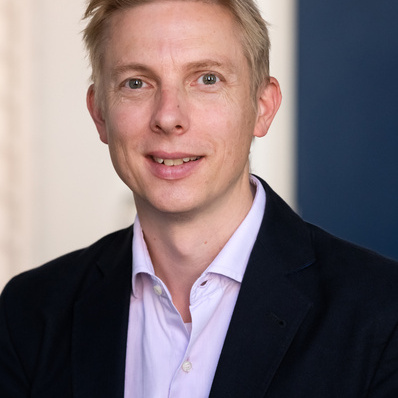
Professor of Biomaterials, Imperial College London
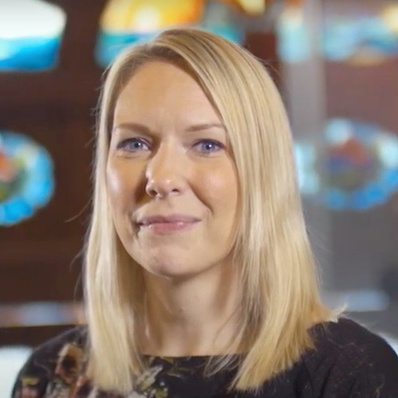
Vice Dean and Head, School of Engineering
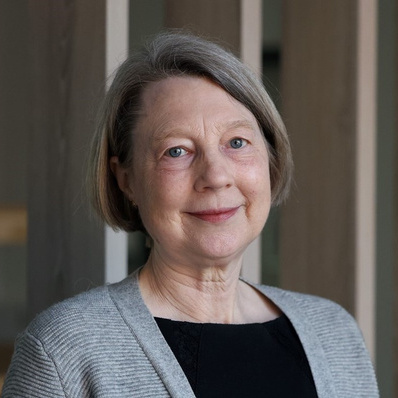
Professor of Ophthalmic Bioengineering, The University of Liverpool
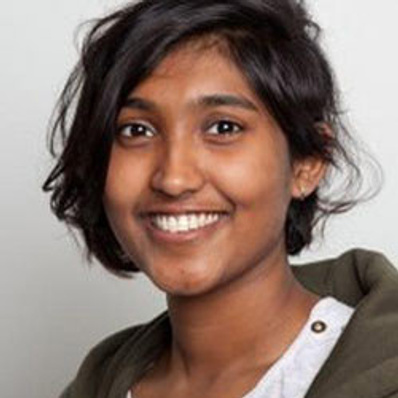
Associate Professor in Biomaterials, Institute of Biomedical Engineering, University of Oxford
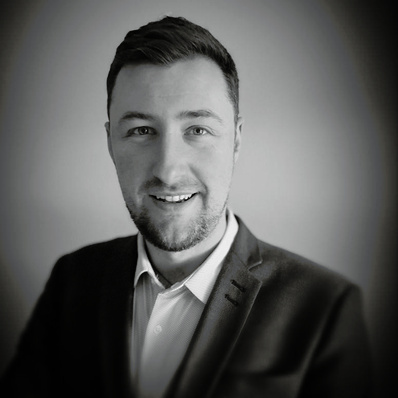
Technical Director and CEO, Sci-Lutions Ltd

Professor of Biomaterials, Imperial College London
Julian R. Jones is Professor of Biomaterials at Imperial College London. He has >200 articles and 5 patent applications on bioactive glass and hybrid materials. He is co-inventor of “Bouncy Bioglass”, which has been licensed to Orthox Ltd., for commercialisation. He is Fellow of IOM3, the American Ceramics Society and Society for Glass Technology. He is Editor-In-Chief of the Royal Society of Chemistry’s Biomedical Science Book Series and sits on the advisory board (non-exec.) for the Bioglass company Noraker (Lyon, France). He is Vice-President of the Society of Glass Technology, he served as Chair of the Bioceramics Division of the American Ceramics Society 2020-2021 and is Chair of the Coordinating Technical Committees of the ICG. He is a member of the EPSRC Healthcare Scientific Advisory Team (SAT) at URKI. Awards include the IOM3 Kroll Medal (for inorganic materials chemistry) in 2022, an ISCM (International Society for Ceramics in Medicine) Excellence Award in 2016; the 2014 Vittorio Gottardi Award from the International Commission on Glass (ICG) and the Robert L. Coble Award (American Ceramics Society) in 2010.

Vice Dean and Head, School of Engineering
Sarah is Vice Dean and Head of School of Engineering. The School’s student and staff community is vast and diverse with around 7,000 students, 580 academic and research staff and 250 professional services staff. The School teaches large home and international cohorts of students from around 150 different countries, across Aerospace, Chemical, Civil, Electronic, Electrical and Mechanical, Engineering, Computer Science and Project Management. In addition to this, it delivers technical masters programmes in areas from manufacturing and engineering design to renewable energy systems, communications and signal processing to the management of projects and it works with over 900 PhD research students who are at the cutting edge of their fields.
Sarah was appointed Professor of Bioengineering at The University of Manchester in 2014 in the School of Materials after joining Manchester in 2010. She received a B.Eng. in Materials Science with Clinical Engineering and a Ph.D. degree in Clinical Engineering from The University of Liverpool in 1996 and 2000, respectively and then furthered her studies at GeorgiaTech, Atlanta for two years as a postdoctoral research fellow. She joined Keele University in 2002 where she continued her postdoctoral studies until obtaining a Lecturership and then a Senior Lecturer position in orthopaedic tissue engineering in 2008.
Sarah was head of the Department of Materials 2019-2023, which is home to nearly 2,000 students. She has previously been an elected Senate member for The University of Manchester and is now a Senate member due to her Head of School role. Sarah was the UK Biomedical Materials champion for The Royce Institute of a £235million UK government investment for advanced materials 2017-21. In this activity, she has created an interaction of a 200 strong stakeholder working group of UK academics and industry. She has prepared and led community day and strategic working group meetings. In this role she has led the creation of UK landscape activity in the biomedical materials area and has liaised with many UK and international academics and industry.
Sarah has been awarded over 60 grants, >£14million of grants as lead PI and >£26million as both PI and CI from over 20 different competitive sources ranging from government, charity and industry. She is President of the UK Tissue and Cell Engineering Society. She has over 100 publications with over 6500 citations, 200 published abstracts and has given over 100 invited keynotes in the field of tissue engineering and regenerative medicine. All these publications have a common theme of orthopaedic engineering with a particular focus on X-Ray evaluation of tissue engineering constructs and biomaterials and the response of orthopaedic cells to a variety of stimuli such as mechanical forces, electrical stimulus, statins and a variety of different novel materials to support their growth into the correct tissue type/shape. She has recently created a spin off company named Retendon Ltd to translate her tendon repair product portfolio.
She has been a review panel member for the government funding such as the BBSRC, MRC and Innovate UK and has been an external evaluating panel member and UK expert advisor to the European Union as a member of The European Cooperation in the field of Scientific and Technical Research (COST) in the ‘Biomedicine and Molecular Biosciences’ Domain. She is also a reviewer for ERC, EU H2020 Marie Skłodowska Curie Award Individual Fellowships and Integrated Training Networks, Natural Sciences and Engineering Research Council of Canada, Irish Research Council, Czech Science Foundation and Israel Science Foundation. She is the Speciality Chief Editor for Regenerative Technologies, a section of Frontiers in Medical Technology Journal and is an associate editor for ‘Science and Technology of Advanced Materials (STAM)’.

Professor of Ophthalmic Bioengineering, The University of Liverpool
Professor of Ophthalmic Bioengineering at The University of Liverpool with over 30 years of experience in the design and development of advanced materials for medical applications. Her expertise lies particularly in the design and characterisation of the bulk and surface properties of materials and how to modify them to optimise the properties for a specific application. She graduated with a BSc in Engineering Science from the University of Exeter and was awarded a scholarship to study at the University of California for a Masters in Biomedical Engineering at the Davis campus. She returned to the UK and joined the Biomaterials group at the University of Liverpool to study for her PhD. She has developed her academic career at The University of Liverpool specialising in leading research on strategies to develop innovative ways to modify materials and their surfaces to treat sight threatening conditions such as age-related macular degeneration, retinal detachment and surface ocular disorders. She works closely with both clinical and industrial partners to ensure the appropriate translation of her research

Associate Professor in Biomaterials, Institute of Biomedical Engineering, University of Oxford
Malavika Nair is an Associate Professor in Biomaterials at the Institute of Biomedical Engineering, University of Oxford. Malavika is a materials scientist by training, obtaining a BA, MSci in Natural Sciences (2012-2016) and a PhD (2016-2019) from the University of Cambridge. Since 2022, Malavika has been based at the Oxford Institute of Biomedical Engineering to expand the work on electroactive biomaterials for use in bio-stimulation, bio-sensing and drug delivery. Malavika is the membership secretary of the IOM3 BMAG, and the Chair of the Joint Biomedical Engineering Steering Committee since 2024.

Technical Director and CEO, Sci-Lutions Ltd
Dr. Marcus Caine PhD. CEng. MIMMM., is the strategic advisor for Health for the IOM3. He is also the Technical Director and CEO of Sci-Lutions Ltd a scientific consulting company that specialises in medical device chemical safety assessment and strategic consulting for R&D technical solutions and government market access. He has over 16 year’s experience in the medical device industry and has worked for key plays such as Boston Scientific, Baxter Healthcare and BTG PLC Ltd across a range of clinical indications including; interventional oncology, acute renal dialysis, thermography and peripheral vascular thrombolytics. He has a PhD. in predictive drug delivery to tumours via in vitro and in silico models and has worked across a range of roles spanning; R&D Sr Scientist, Global medical support, Investor relations to Government policy advice. In his current role of Strategic advisor for the IOM3 Marcus supports industry and policy work for the IOM3 as well as forming a liaison between several of the core technical communities and the wider academic and industrial global community.
In this episode of the podcast, Professor Serena Best (Past President at IOM3) is joined by by senior academics Paul Hatton (University of Sheffield) and Rachel Williams (University of Liverpool) who lead research in the fields of ophthalmic and orthopaedic biomaterials to explore the challenges of infection and the role of biomedical materials research in the development of new therapeutic solutions.
Free two-day residential course for 11-19 design technology teachers
SeahamThe Sheffield Metallurgical & Engineering Association's Celebrity Lecturer 2025 - Dr Roger Eccleston
SheffieldA CPD Webinar from the South Wales Materials Society
Virtual